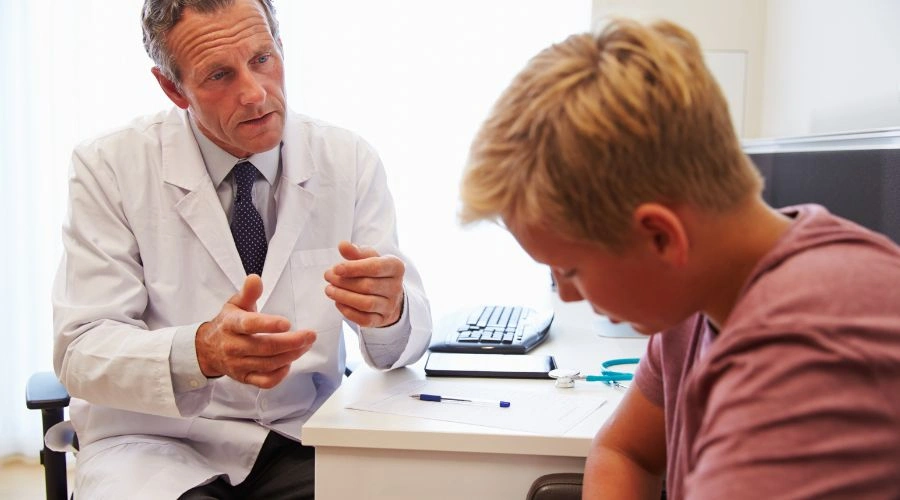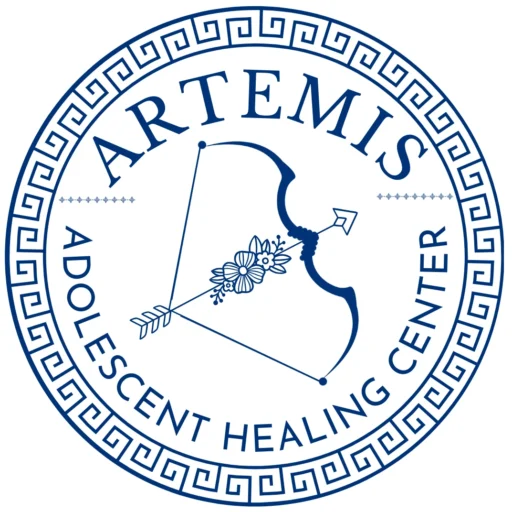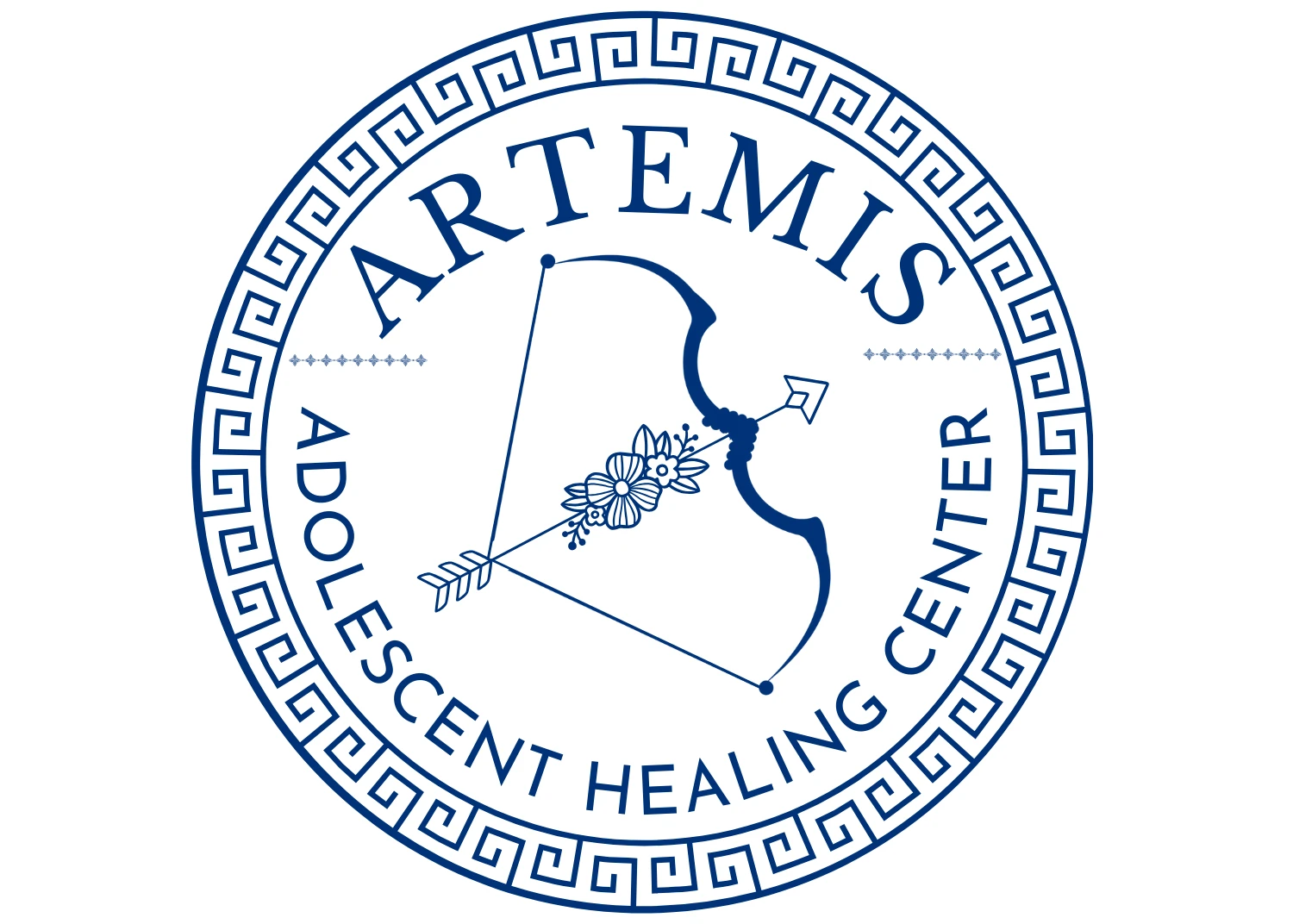Helping Your Teen with the Challenges of Schizophrenia
Finding the right schizophrenia treatment for teens is a challenge that you may not have expected to face this early in life. Dealing with childhood onset schizophrenia is a surprise for many parents, but the situation is far from hopeless. Treating this mental illness quickly and properly will go a long way toward achieving a positive outcome.
At first, you may notice a few small psychotic symptoms. After a while, the child’s symptoms start to mount, and you realize that something is very wrong. This is a troubling experience for any parent. You don’t have to go through it alone, however.
At Artemis Adolescent Healing Center, we treat early onset schizophrenia along with many other psychiatric disorders. Start down the healing path by calling our location today to discuss the situation that your family is facing.
Get Confidential Mental Health Assessment
Understanding Schizophrenia in Teenagers
Schizophrenia is a chronic mental health disorder. It impacts how a person thinks, feels, and behaves. If the symptoms of schizophrenia start to appear during adolescence, the condition is officially known as early onset schizophrenia or childhood onset schizophrenia.
It’s important as a parent or caregiver not to dismiss the seriousness of this situation. This is a severe mental illness that needs to be treated aggressively and promptly. A young person with schizophrenia will be impacted in every area of their life. The condition is not common in young people, so it’s important to receive a formal diagnosis from a qualified professional.
Other psychotic disorders can present some of the same symptoms, so you certainly don’t want to jump to conclusions and assume you know what the problem is. Work with a healthcare provider to make the determination and then proceed with schizophrenia treatment as recommended.
Recognizing Early Signs and Symptoms of Schizophrenia

The earliest stages of schizophrenia are often marked by very subtle symptoms. It won’t seem like much, and it certainly won’t stand out as anything beyond typical teenage behavior.
While you can’t jump to conclusions about what is causing your teen’s behaviors, it’s a good idea to at least be aware that things are changing and need to be monitored. That way, if the symptoms of schizophrenia continue to advance, you can seek help quickly and intervene before the problem gets worse.
Some of the early symptoms that you can watch for in your teen include those listed below.
Social Withdrawal
One of the earliest signs you notice may be increasing isolation on the part of your teen. Rather than spending time with friends or participating in activities, they may begin to simply keep to themselves and stay in their room.
There can be a variety of causes for this kind of behavior, of course, but it should be noted as it can be related to very early onset schizophrenia.
Decline in Academic Performance
Young people with untreated schizophrenia will often have trouble concentrating and will struggle in school as a result. They could experience memory lapses and might not feel motivated to do well on their work.
This is a particularly troublesome sign if you have a teen who has traditionally excelled in school but is now falling behind and doesn’t seem to care about catching back up.
Mood Disorders
Swings in mood and problems maintaining a stable, positive mood may also be noticed. This could be diagnosed as depression or anxiety at first, and irritability may be common. Your child’s behavior shouldn’t be ignored or written off as just typical teenager stuff.
Working with a child psychiatrist can help determine if there is something more concerning going on that needs to be addressed and treated formally.
Odd or Unusual Behavior
Sometimes, you might have a hard time putting your finger on exactly what seems to be wrong with your teen. You want to help your child cope, but you don’t quite understand their behaviors at the moment. They might have new and unusual habits, for example, or they may have suddenly become very disorganized. As they develop schizophrenia, these patterns could continue and will likely become more severe.
Full-Blown Psychotic Symptoms
In a severe case, you could quickly wind up facing serious childhood schizophrenia symptoms that include delusions, hallucinations, disorganized thinking, and severely distorted behavior. This won’t happen in all cases necessarily, and it may take a long time to reach this point, but such experiences can be rather alarming.
Receiving a Confirming Diagnosis of Schizophrenia

Extreme care must be taken during the diagnosis of schizophrenia. Mental health conditions often overlap in many areas with one another, so the diagnosis shouldn’t be taken for granted. Only a proper evaluation by a healthcare professional can determine if the symptoms your teen is demonstrating meet the criteria for schizophrenia outlined in the Diagnostic and Statistical Manual.
Many different pieces will need to come together during the diagnosis process. There will be an evaluation that often starts with a comprehensive clinical interview. There will also be a review of the teen’s medical history, and any relevant family history. A physical exam may be completed just to rule out any medical conditions that could be leading to the concerning symptoms.
The mental health professional in charge of the evaluation will likely also want to observe the symptom patterns directly to note their duration and impact on functioning. If a diagnosis of schizophrenia is given, treatment can start right away.
Get Accredited Treatment Programs at Artemis
Treatment Approaches for Teens with Schizophrenia
With a condition as complicated as schizophrenia, it’s no surprise that there are many different treatment options used. This is not a one-size-fits-all type of situation. The way the condition is treated is going to depend entirely on the specifics of the case and what the teen needs to effectively manage symptoms and cut down on health risks.
Some of the following are likely to be employed as the treatment process gets underway.
Medication Management
Using antipsychotic medications is often a starting point in schizophrenia treatment. You can think of these medications as the foundation for everything that is to come later. Through the use of medication, it’s possible to reduce symptoms like delusions and hallucinations, as well as cut down on disorganized thoughts.
Of course, great care must be taken when selecting medications. It’s important to assign the right medication, at the right dose, based on the symptoms at hand. Once the healthcare provider feels that the medication is in a good place, the rest of the treatment options can begin to be more effective.
Psychotherapy and Supportive Counseling
Medication alone isn’t going to get the job done in most cases. Next in the line of important treatments for schizophrenia is therapy. Perhaps the most important available type of therapy in these cases is known as Cognitive Behavioral Therapy.
With CBT, your teen will learn to challenge their own delusional thoughts. They build the ability to deal with distressing symptoms and find coping skills to help them through tough moments. CBT is evidence-based and has been used effectively to treat people with many different types of mental health conditions.
Other types of psychosocial interventions can be utilized as well. Psychosocial treatments that focus on building the skills needed to navigate daily life can be a powerful tool. Learning how to more effectively communicate with others, tolerate stress, and complete daily living tasks will reduce the impact that this schizophrenia diagnosis has on the quality of life enjoyed by your teen moving forward.
Family Psychoeducation
Families are critical to the recovery and success of a young child dealing with schizophrenia. While receiving continuous treatment is likely to be necessary, the family can play a supporting role by understanding the situation and how to be as helpful as possible.
Education is a critical part of the treatment plan for the family. When everyone in the family understands the symptoms they are noticing, and how they can be managed, things like aggressive behaviors suddenly won’t be so scary. This is still a difficult situation for everyone to deal with, but it is made more approachable through education.
School and Academic Support
Learning challenges are common for teens with schizophrenia. They might feel isolated at school, and the difficulties they have staying focused on a single task make education hard. Fortunately, school systems have programs in place to help young people in these situations get the additional attention they require.
As part of a bigger treatment plan, getting into the right educational programs will give the teen a sense of purpose and they will hopefully start to see some positive outcomes in the classroom.
Common Challenges to Overcome

There is no sense in sugarcoating this situation as an easy road to travel. It is likely to be difficult for all involved.
Adolescent psychiatry has come a long way and the treatments above are sure to be beneficial, but plenty of challenges are waiting. The points below are important things to keep in mind.
Adherence to Medication
Perhaps the most important part of the treatment process is adhering to the medication schedule that has been prescribed. Whether through intentional resistance or through forgetfulness, some teens won’t take their medications consistently.
That consistency is important to get the desired results out of the treatment. Working together as a family to make sure the medication is always taken when it should be is a big piece of this puzzle.
School Reintegration
There is sadly a stigma associated with psychiatric disorders and episodes. Therefore, young people may find it hard to reintegrate into the educational setting after having this type of experience. Evidence suggests that it’s important for teens to get back into school and build friendships and relationships, but they need help and support in doing so. Coordinating with educators at the school can be beneficial in building a plan that everyone can trust.
Peer Relationships and Social Skills Training
Along the same lines, getting back together with peers who may have fallen out of touch can be a helpful part of the recovery process. Friendships may have been strained along the way before a diagnosis was given and treatment was started.
If some of those friendships can be rebuilt, that will provide the teen with a sense of normalcy and belonging. Part of this may require social skills training to help the teen behave in a predictable, sociable manner.
Building Self-Esteem
A low sense of self worth is common in the aftermath of a schizophrenia diagnosis. Finding ways to gradually build back that self-esteem should be another focus in the treatment process. That will often mean focusing on things that the teen is naturally good at to let them see that those strengths still exist and are valued and noticed by others.
Relapse Prevention and Long-Term Planning

The reality of this situation is that schizophrenia is a lifelong condition. It isn’t the type of thing that can be cured or solved. It is entirely possible, however, for teens who have been diagnosed with schizophrenia to live satisfying, functional lives.
Long-term planning involves creating a relationship with a primary therapist who is going to be available for regular sessions. It’s also important to have a plan to avoid things like substance abuse and other risk factors. Working with support groups can help to build community and a sense of shared experience.
Being intentional about how this condition is treated over the long run will yield the best possible outcomes. It can’t be ignored, but it doesn’t have to take over life permanently, either.
Up To 100% of Rehab Costs Covered By Insurance
Turn Your Child’s Life in a New Direction: Reach Out Today
It is possible to treat schizophrenia successfully. We understand that the situation may feel hopeless now, and you may not know where to turn for help. Soon enough, however, your child can begin treatment for the psychotic symptoms they are experiencing.
Better mental health for your teen could be waiting just around the corner. Place a confidential call to Artemis today to talk to our admissions team and learn more about how we deal with this mental health condition. There is no reason to wait another day to get started.






